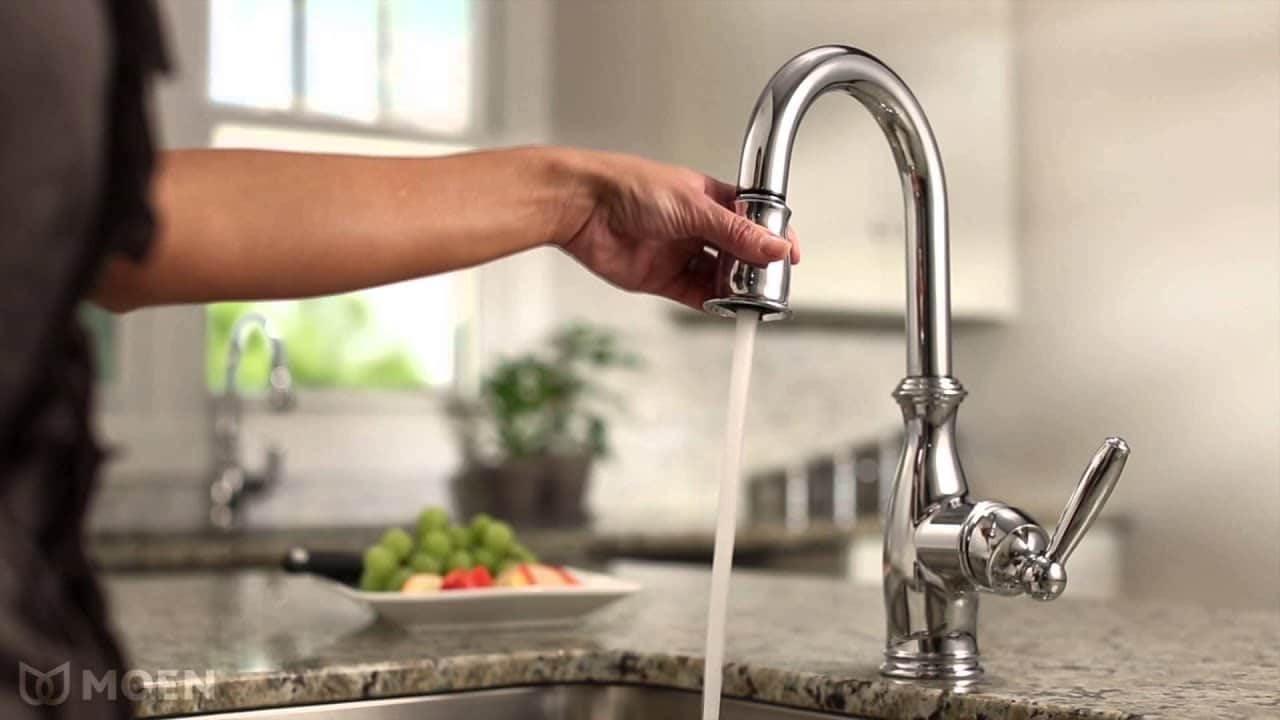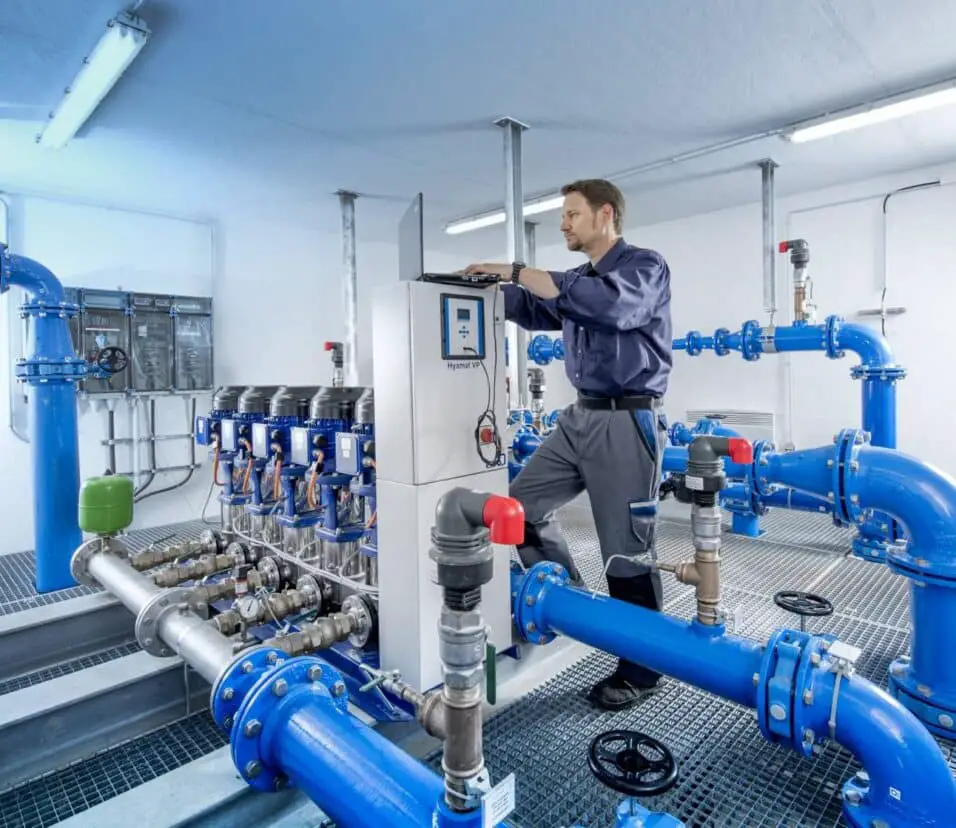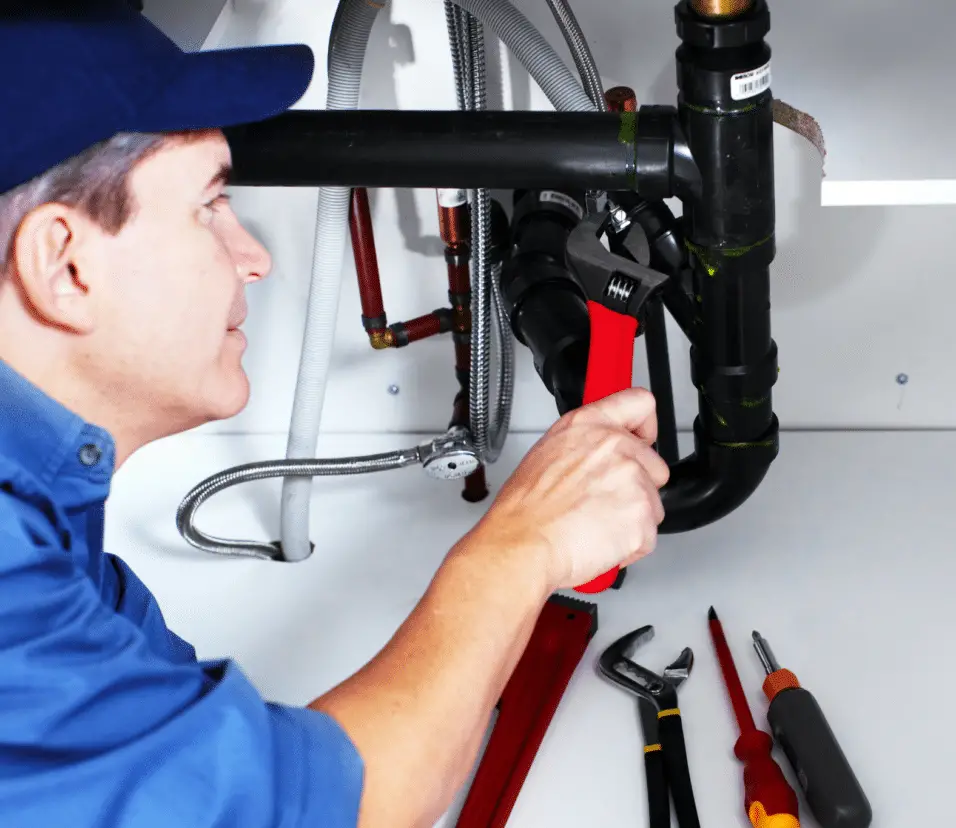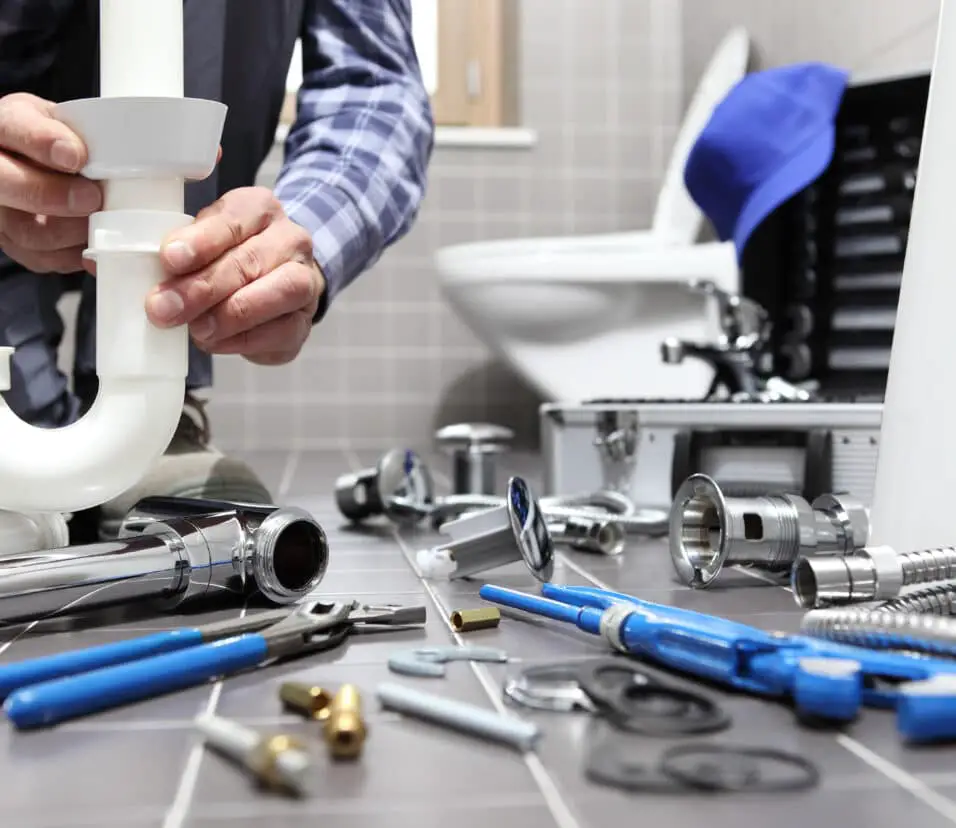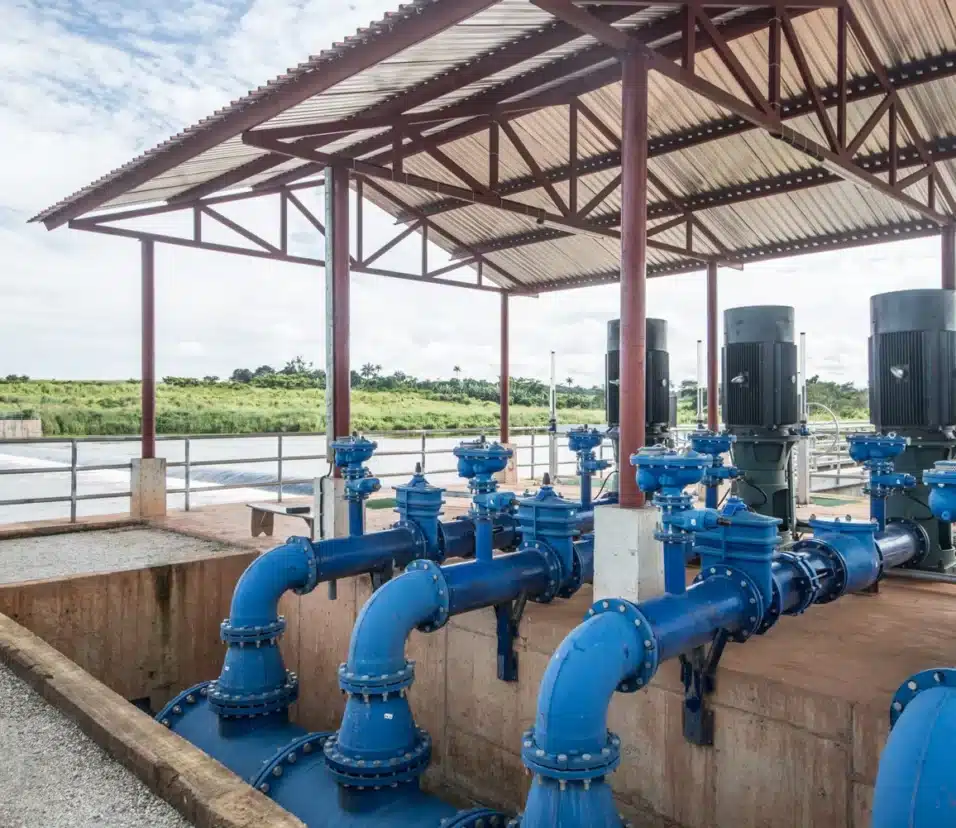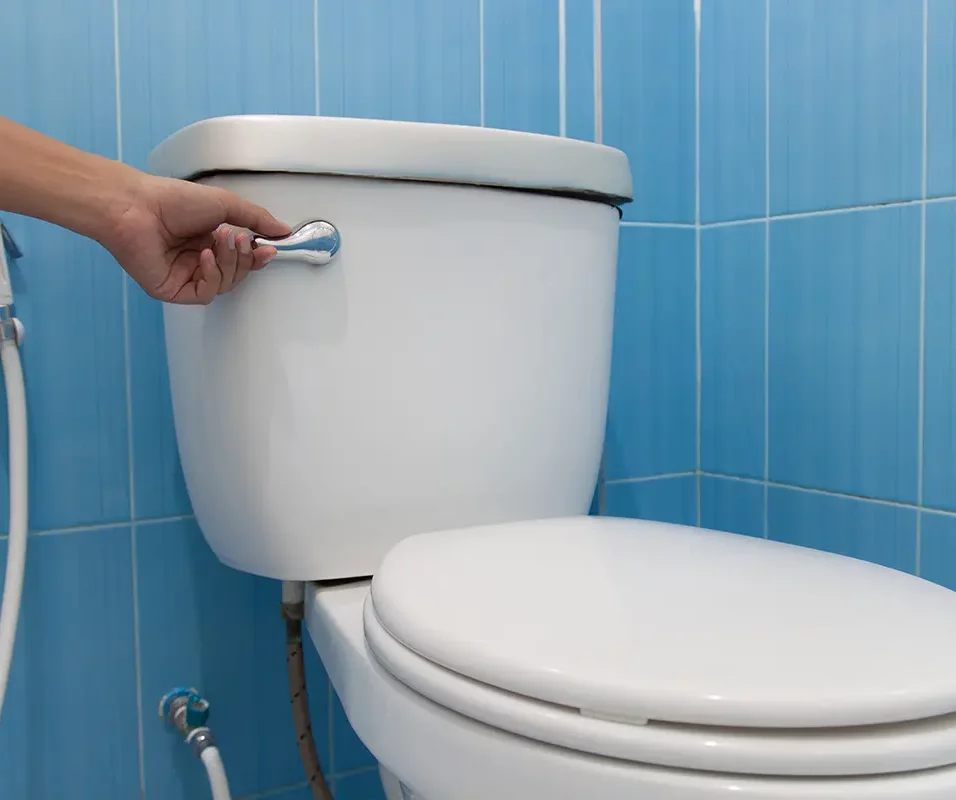How To Turn Off The Hot Water Supply
Introduction
How To Turn Off The Hot Water Supply: Whether it’s for routine maintenance, repair work, or a plumbing emergency, knowing how to turn off the hot water supply is an essential skill for homeowners and renters alike. Turning off the hot water supply is not only a practical measure to conserve energy and save on utility bills, but it can also prevent potential accidents and safeguard your property from water-related damages.
In this comprehensive guide, we will walk you through the step-by-step process of safely shutting off the hot water supply to your home’s plumbing system. We’ll cover various types of hot water systems commonly found in households, ensuring that you have the necessary knowledge to tackle this task confidently.
Before we delve into the procedures, it’s crucial to emphasize that safety should always be a top priority when dealing with any plumbing-related activities. If you’re uncertain about the process or encounter unexpected challenges, it’s best to consult a licensed plumber to avoid any potential risks.

Where is the main hot water shut off valve?
Find the Water Shutoff Valve. In newer homes, the water main shutoff valve is typically located inside or around the water heater closet. Very often, however, the valve can be in any number of places inside, or even outside your home.
The main hot water shut-off valve is usually near the water heater or source.
The hot water shut-off valve is usually near the water heater in a basement, garage, utility room, or closet in most single-family homes. Hot water outlet pipes have lever-type valves, usually red or labeled “hot water shut-off,” connected.
The main hot water shut-off valve for apartments or condominiums may be in a shared utility room or a mechanical room accessible to building maintenance.
Can you turn off just the hot water?
The hot water outlet pipe also has a valve that will shut down all hot water leaving the water heater. You can shut off this valve if you have a leak in a hot water pipe somewhere in the house since this valve effectively controls all hot water in the home.
To turn off just the hot water, you’ll typically find a shut-off valve specifically dedicated to the hot water line. This valve is usually located near the water heater or close to where the hot water pipes branch off from the main supply. It can be a lever-style valve or a traditional knob that you can rotate to close.
Turning off the hot water while not in use saves electricity and money. Shutting off the hot water supply during vacations or extended absences prevents your water heater from heating water that won’t be used.
Additionally, if you plan to perform maintenance tasks on your hot water system, like flushing the water heater or inspecting its components, turning off the hot water supply is crucial to ensure your safety and prevent potential accidents.
Is it safe to turn off the hot water valve?
Shutting off the water heater is usually unnecessary yet safe.Avoid tank pressure and heat by turning off the device: Tank is almost empty and won’t fill soon.
The hot water valve can be turned off safely if done properly. Homeowners utilize it for repairs, energy conservation, and emergencies. Few things should be addressed for safety.
Turn off the hot water valve safely. Learn the valve position and pipework before turning it off. If you are hesitant or inexperienced, see a plumber to avoid injury.
To maintain or repair the water heater or plumbing system, turn off the hot water valve’s power supply, either electrical or gas, depending on the type. This extra step de-energizes the system completely, preventing shocks and gas leaks.
Do I need to turn off the hot water heater if I turn off the water?
If your water is off, you don’t need to turn off the water heater, but if you’re leaving or conducting repairs, you should.
If you must cut off the water supply and hot water heater, it depends on the scenario and kind. When cutting off the main water supply for vacations or plumbing repairs, switch off the hot water heater.
Traditional tank-based hot water heaters need more than turning off the water to be safe and efficient. Tank heating water wastes energy and damages the heating element or tank. You must also turn off the hot water heater’s power source, either by flicking the circuit breaker or turning off the gas supply, depending on the heating mechanism.
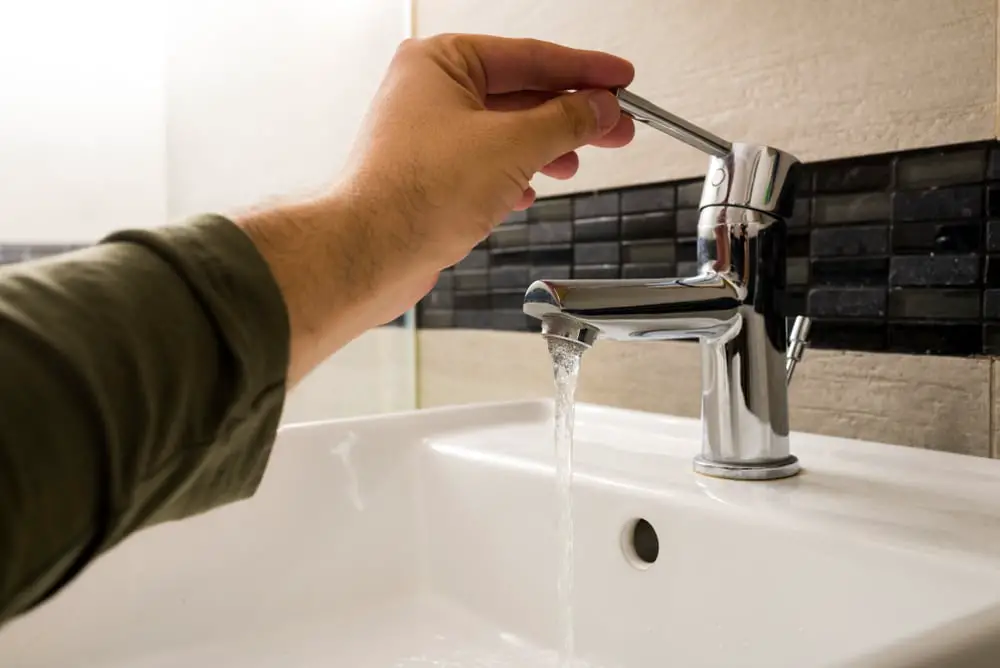
Which valve turns the water off?
The master shutoff valve stops house water. Water supply shutdown valves stop sinks, toilets, and washers. Most house master shutoff valves have wheels or straight handles.
Turn off water with the “main water shut-off valve.” This crucial component is normally found in the basement, utility room, or near the water meter where the main water supply line enters your home. It controls water flow into your home’s plumbing (its major purpose).
Knowing where and how to use the main water shut-off valve is vital in emergencies like burst pipes, significant leaks, and plumbing repairs. Turning off this valve rapidly protects your property from water damage and risks.
The main water shut-off valve is commonly a lever or wheel that turns clockwise (right) to turn off the water. Modern homes may include ball valves that cut off water with a quarter-turn.
What types of hot water systems does this guide cover?
This guide provides instructions for turning off the hot water supply for common hot water systems found in households, including traditional tank-based water heaters and tankless water heaters.
This comprehensive guide covers the different types of hot water systems commonly found in households. It aims to provide readers with clear and practical instructions on how to turn off the hot water supply for these systems effectively.
Traditional Tank-Based Water Heaters
These systems heat and transfer water from a big tank to residential faucets and appliances. Knowing how to turn off this system’s supply is important for maintenance, repairs, and emergencies.
Tankless Water Heaters
Tankless water heaters, also known as on-demand water heaters, heat water directly as it flows through the unit. The guide covers the procedure for shutting off the hot water supply to these systems, which is particularly useful when undertaking maintenance tasks or addressing issues related to the unit.
Electric Hot Water Systems
Electric hot water systems utilize electric resistance elements to heat water in a tank or instantaneously in tankless models. This guide includes instructions for safely turning off the hot water supply for electric systems, enabling users to perform maintenance and ensure safety during electrical work.
Gas Hot Water Systems
Gas hot water systems heat water using a gas burner, either in a tank or tankless setup. The guide covers the steps to turn off the hot water supply for gas systems, an essential precaution before performing maintenance or addressing gas-related concerns.
Can I turn off the hot water supply without professional help?
Most households may safely cut off the hot water supply without professional help if they follow this guide’s steps. To maintain safety and avoid dangers, ask a licensed plumber if you’re unclear about the process or encounter unforeseen issues.
In many circumstances, you may switch off the hot water supply without expert help if you follow proper protocols and exhibit caution. The shut-off valve for the hot water supply is usually easy to find and turn off. Accessing and using most shut-off valves is simple for homeowners.
Before turning off the hot water, you must understand your plumbing system and find the hot water line shut-off valve. Many families have the shut-off valve near the water heater or on the water pipe.
Is there any risk involved in turning off the hot water supply?
Turning off the hot water supply itself poses minimal risk if done correctly. However, when dealing with water heaters or plumbing systems, it’s essential to exercise caution to prevent burns from hot water and avoid damaging any components. If you encounter difficulties or are unsure, do not hesitate to seek professional help. Safety should always be a top priority when dealing with any plumbing-related tasks.
Turning off the hot water supply generally poses minimal risk when carried out correctly. However, as with any plumbing-related activity, there are certain considerations to keep in mind to ensure safety and prevent potential hazards.
One primary risk is the possibility of encountering scalding hot water while working with the hot water supply valve. If the water heater has been recently used, the water inside the pipes may still be extremely hot. To mitigate this risk, it’s crucial to wear protective gloves and exercise caution when handling the valve.
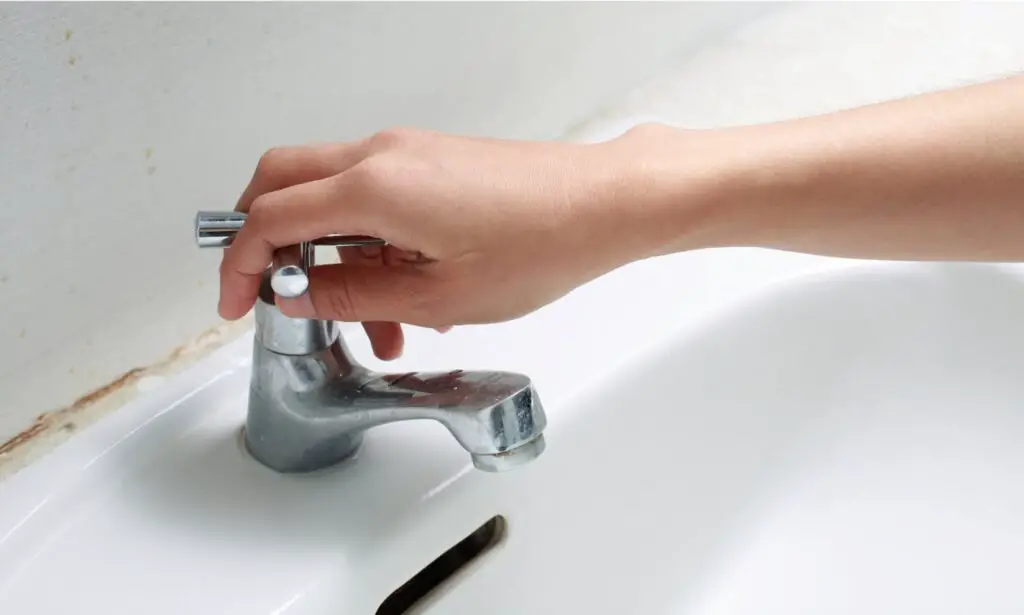
Conclusion
By shutting off the hot water supply when it’s not needed, you can actively contribute to energy conservation efforts and reduce your utility bills. Regularly inspecting and maintaining your hot water system becomes more accessible, preventing potential issues from escalating into costly repairs.
Moreover, understanding how to turn off the hot water heater is an essential safety measure. In case of emergencies like burst pipes or leaking water heaters, quick action can prevent significant water damage and minimize risks to your property and belongings.
This tutorial provides practical advice, however not all plumbing issues can be fixed by a DIYer. A skilled plumber is the best choice for complex or unknown situations to safeguard your safety and prevent further complications.
Use this information to empower yourself and be cautious when plumbing. Doing so will help you solve hot water supply issues, improve your home’s plumbing system, and provide a comfortable, safe, and sustainable living environment for your family.



